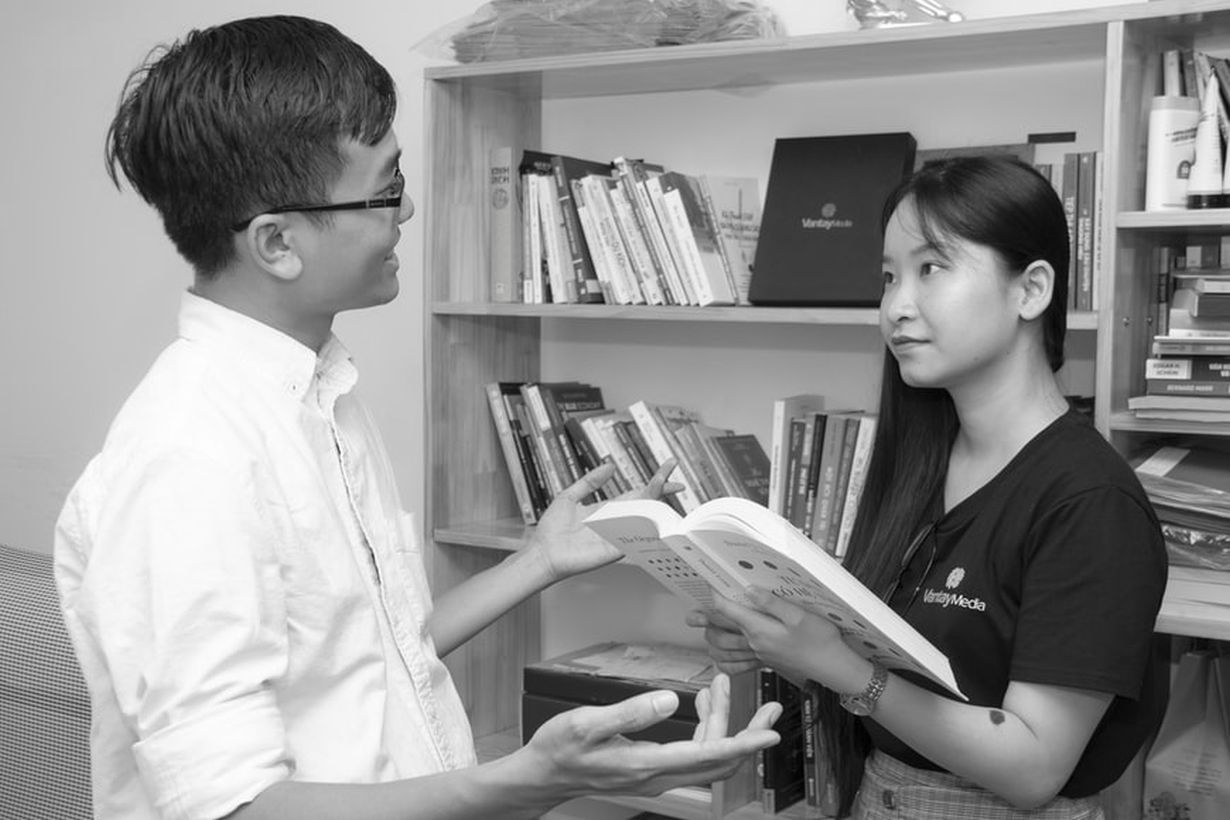
Client: Töötukassa
Period: 2020-2021
This study gives an overview of career services in Estonia: career counseling, relaying career information and career study.
In the Spring of 2021, we conducted surveys among young people and adults and interviewed the principals of general education schools, career coordinators, class teachers and students. We also interviewed policy makers and practitioners and employers. In the study, we assessed, among other things, the functioning of career services after the reform, which merged the career services offered in schools through Rajaleidja (means pathfinder in Estonian) with the services of töötukassa (Unemployment Insurance Fund).
In the study, we tested one possible gauge to measure career development competence. Young people and adults who are not employed have the lowest competence in comparison. Developing the career competence of young people is part of the school curriculum. Nevertheless, Unemployment Insurance Fund remains the only and central source of professional support for students who have dropped out of school and discontinued their studies.
Peoples’ self-estimated demand for career services that support studies, profession or career choices is substantial: more than 80% of young people and 64-70% of adults believe that they need more services. Older people and those with higher education reported lower demand for career services than other groups. Over the past two years, however, a little more than half of young people and approx. a quarter of adults had used career services. The majority of service users among adults are unemployed or inactive. Among the working people, approx. one tenth had used some career services.
Compared to the majority of students, who continue to upper secondary after basic school, the career choices are more complicated for those who instead choose to go into vocational education. At the same time, students with special needs are more likely to choose vocational school after graduating basic school. Students who graduate from basic school and continue their education in vocational school need more support for making suitable and weighed choices in the form of career services than they do in choosing a secondary school. For providing the best possible support for all students for making career choices, career services need to be differentiated by considering their potential education path and career choice certainty.
The support of schools in career choice making is evaluated lower than career services in general. The usefulness of career services in usually rated 6-8 points on a scale of 10, the usefulness of general education school activities, however, with 4.7-6.4 points and vocational schools a bit higher, with 6.1-6.9 points.
Policy-makers and career service providers found that it was too early to assess the effects of the reform. From schools’ point of view, it doesn’t matter which exact authority provides career counselling and careers information service.
In the study, we make a number of more detailed recommendations for improving services and making more general systemic changes. As a bigger change, we recommend developing an ideal career services solution for schools, which would level the provided services. At present, the target setting of schools to support students as well as activities to support career choices and develop career development competencies vary greatly from school to school.